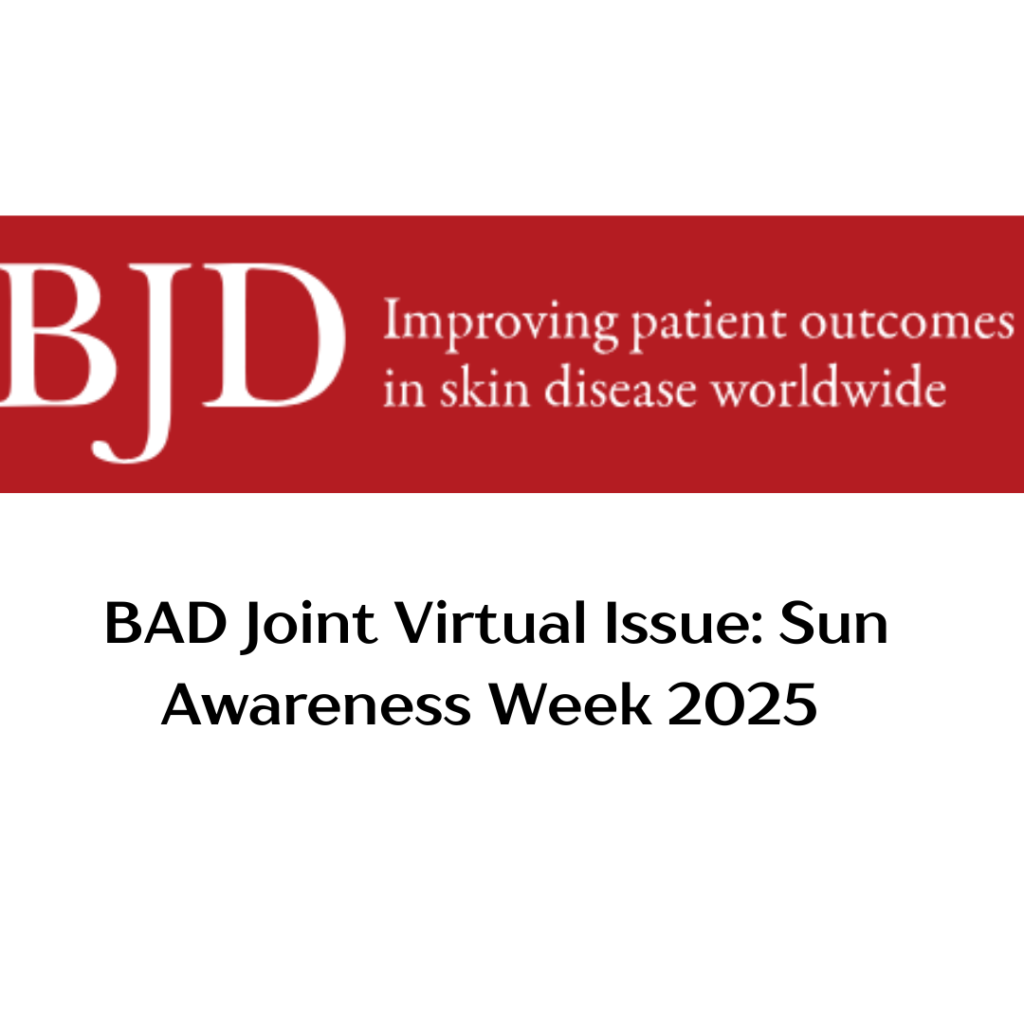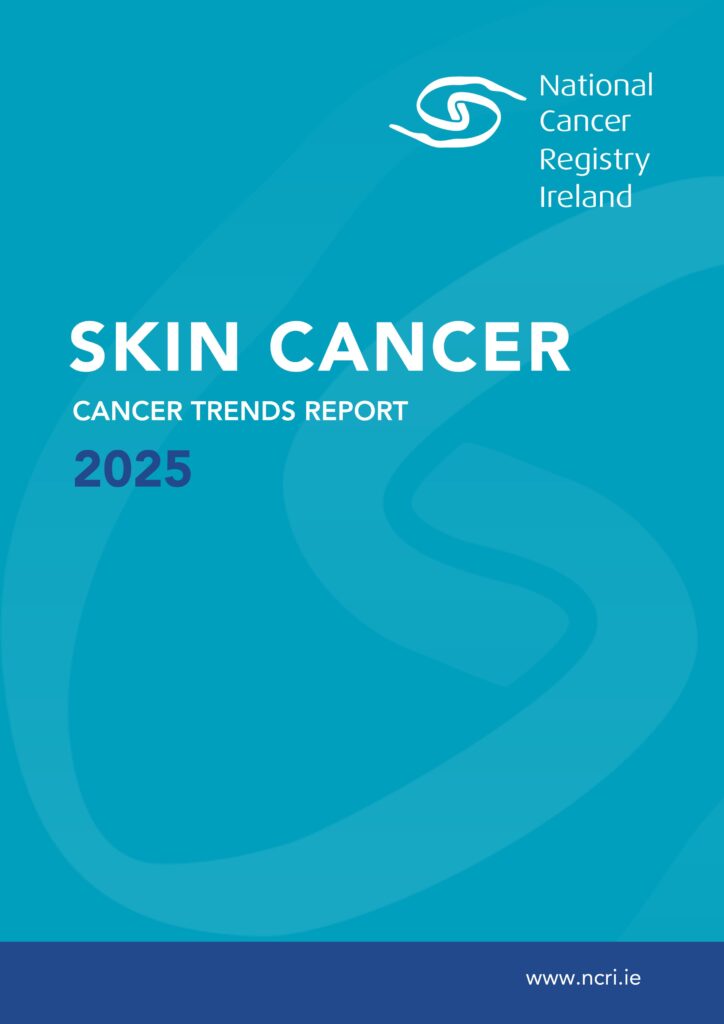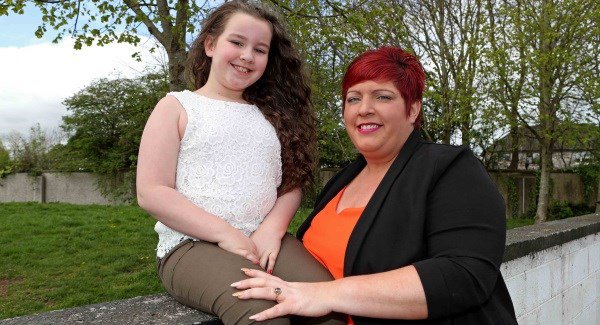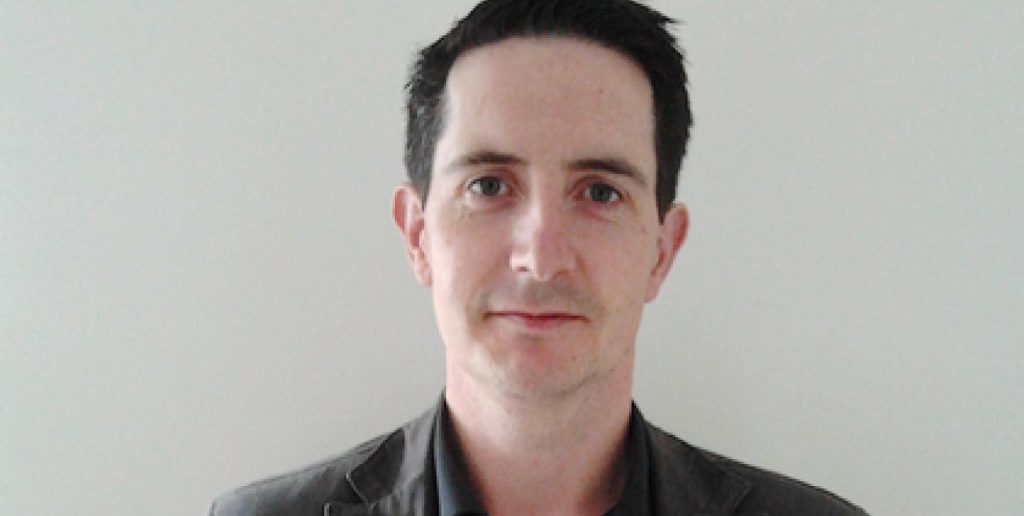Though more common in children, eczema can impact the physical and mental health of adult sufferers too. Lyric FM presenter Paul Herriott talks about living with the skin condition, and the profound effect the right treatments can have.

We’ve all experienced itchy skin or a rash caused by an allergy or illness. But having a chronic skin condition is something which to non-sufferers might seem minor, but to those going through it every single day, can be incredibly debilitating both physically and mentally.
Eczema is a very common condition, affecting one in five children in Ireland. However, while most children grow out of it or their symptoms get milder as they get older, it is estimated that one in 10 adults are affected by the dry, itchy and often painful skin which is characteristic of eczema — and for some, it can get worse over time.
Dealing with this as an adult can be just as difficult as it is for children, as Paul Herriott can attest. The 61-year-old has long had issues with his skin but it wasn’t until he reached his forties, that things really came to a head.
‘I tell my daughter that there is no such thing as the perfect body – while criticising my own’
‘What’s wrong with your face?’ After 21 years of living with eczema, my tears at a careless comment took me by surprise
“Like an awful lot of people who go on to suffer from eczema, I had asthma as a young child — it was quite serious for a time, and to be honest, if my father hadn’t been a doctor I don’t know if I would have survived,” he says.
“I didn’t really have any flare-ups with my skin when I was young, but I do remember a time when some children didn’t want to hold my hand in school as it looked wrinkly, ‘like a monkey’, they said. However, it wasn’t painful and I didn’t have any issues with it.
“We often travelled abroad when I was growing up, and I liked the heat as I tanned very easily — but I appeared to be allergic to my own perspiration and would find myself scratching behind my knees and the folds of my arms. Invariably, I would break the skin and would get sand into it and then when I got into the sea, the salt water would be very painful — so it began to dawn on me that I might have an issue with my skin.”
Paul, who is originally from Derry, says he used to use a variety of different creams to keep his skin moisturised — but as he got older, instead of improving, it got much worse — affecting his sleep and both his physical and mental health.
“I suddenly became very aware of it and it definitely affected me emotionally, as having something like eczema makes you feel like you always have to hide yourself,” he says.
“I didn’t like having to remove my clothes for anything, and the only way I could get relief was to scratch. But then it made me feel like I was being judged, as if people see you scratching, they think you are unclean — I used to get myself into such a state over it. But the real trouble started when I began working late nights (Paul is a presenter on Lyric FM) — I suddenly began getting serious flare-ups.
“At first, I put it down to the jumpers I was wearing, as there are certain types of materials and wool that I can’t wear. But even though I was being careful about what I wore, it just got worse and worse — I remember one day having it so badly that my body was tingling from the inside out — the intensity was like nothing I had ever experienced before. Then one night it was so bad that I returned from an event to find my clothes and my underwear were covered in blood.
“I went to see my father, who was retired at the time, and he told me that I was a complete mess and needed to see someone urgently. I had been on the waiting list (for a public appointment) for almost two years by this point and there was no sign of anything coming up — so he referred me to a colleague, and that is when things began to change for the better.”
Paul, who was in his early 40s at the time, went to see a specialist who told him he needed to be treated immediately, or things would get progressively worse.
“After stripping off to show her my skin, the consultant asked me how I felt and without thinking, I said ‘I’m grand and I’m managing fine’,” he says. “But she told me that I was anything but fine — I was, in fact, in a very bad way and I needed immediate help.
“She told me I would need to take a week off work and to come into her clinic every day at 7.30am to be wrapped in emollient bandages and sit in a hot room for several hours. I tried to protest by saying I didn’t need to do that, but she said that if I didn’t, I would have a serious breakdown in my health. She said that a major organ (my skin) was not functioning properly but she could help me if I cooperated — so that is what I did.”
Paul duly presented himself at the clinic every morning for what was due to be a five-day course of treatment — but by the fourth day, his skin was practically perfect.
“It was like a phoenix rising from the ashes, my skin was just amazing — honestly, it was like a miracle,” he says. “But the consultant told me that while the treatment had worked really well, my skin would invariably return to the state it was in, as at that period in time (almost 20 years ago), there was nothing which could be done to keep it at bay.
“I tried doing the treatment at home a few times over the years (which involved emulsifying cream, bandages, bin liners or cling wrap) and then when it got bad again, I was put on a course of phototherapy. I reacted very well to this — although I did feel very vulnerable, lying butt naked on a great big machine with a sock over my genitals.
“The staff were wonderful, and really made me feel at ease. But unfortunately, there are only so many of these treatments you can do in your lifetime due to the carcinogenic effect — so I had three in total and each time, after a while, my skin went back to the way it was.
“Until six years ago. I began to hear about the benefits of biologic treatment, which was being developed at the time.”
Having heard that this new therapy was both hugely beneficial and had side effects, he decided to wait for a few years. Then, after being offered the opportunity to take part in a trial, he decided to take the plunge and says his skin has never felt better.
“I started it about two years ago, and after about three weeks it had made the most extraordinary difference to my skin — it looked fabulous,” he says. “I had been warned about the side effects, and thought I had escaped them but about a year ago, I started experiencing problems with my eyes as it affects the eyelash follicles, causing them to swell up and make you look a bit like a frog.
“I went to see a dermatologist and eye specialist and was put on a treatment programme which included antibiotics. This seems to have done the trick, as it appears to be getting better.
“I would love to see everyone who is affected by eczema like mine to be allowed the opportunity to try this new treatment — it has changed my life for the better and it would be marvellous to see others getting the same chance.”
About Eczema
Eczema is non-contagious and affects approximately one in five children and one in 10 adults in Ireland.
The exact causes are unknown but genetics, defects in the skin barrier, environmental allergens and abnormal function of the immune system all contribute.
Atopic eczema is the most common form and may run in families.
Symptoms include itchy, dry and scaly skin and/or a rash — all of which can be painful and become infected. The pigmentation of people with darker skin may also be affected.
Atopic eczema can be triggered by exposure to environmental irritants or allergens including cosmetics, detergents, toiletries, dust mites, pollen, animal dander and certain clothing materials.
It can also be triggered by emotional stress, and if the skin gets infected.
Treatment includes moisturising, steroids, antihistamines, wet bandages, phototherapy, antibiotics and topical immunosuppressants.
Eczema cannot be cured but it can be controlled.
If skin becomes wet or weepy with yellow or brownish crusts, or if it becomes sore with painful, itchy blisters, seek medical advice.
This article originally appeared in the Irish Independent on 3 October 2022












